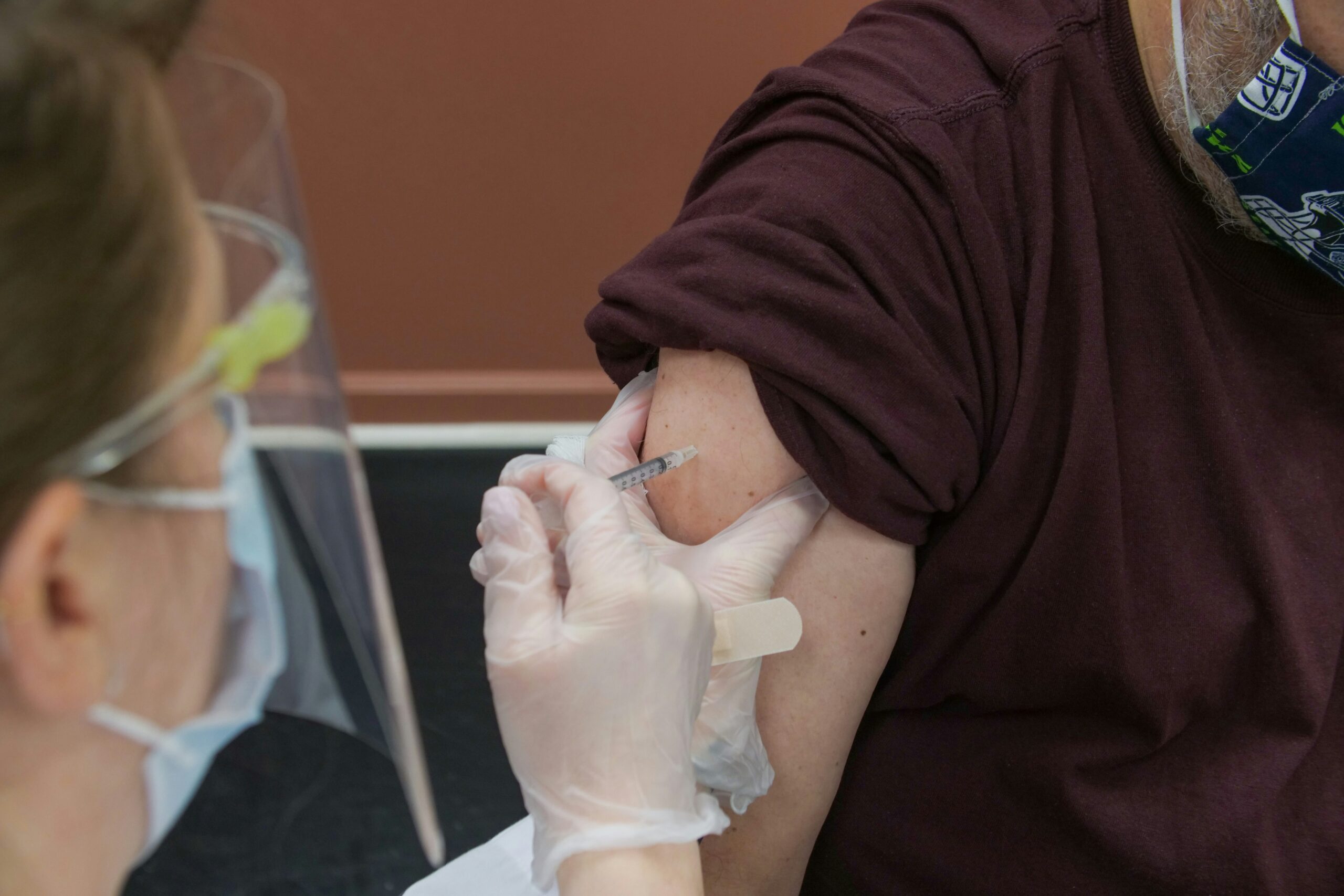We now know that chronic substance use—with both alcohol and drugs—actually changes the chemistry and structure of the brain. That sounds serious, and it is, but there are some positives and some solutions as well, which I’ll get to in a minute. First, the science.
A rewards program taken hostage
There’s a section of the brain called the reward center that is comprised of two parts: whether its from alcohol use disorder or opioid use disorder, the ventral tegumental area and the nucleus accumbens. In essence, this reward center keeps us alive. It controls our incentive to eat, sleep, fall in love, avoid danger, and all the things we need to do in order to survive and thrive as humans.
Problem is, when a person starts abusing drugs or alcohol, these substances take the reward center hostage by altering its structure and chemistry. (Knowing that, it won’t come as a surprise that the word “addiction” is derived from a Latin term that means “enslaved by” or “bound to.”)
When the hostage-taking happens, you start thinking your survival depends on getting drugs or alcohol rather than food, sleep, sex, and so on. Unfortunately, these brain changes can happen quickly—sometimes in less than a month of chronic drug or alcohol use.
A little like a virus, the affected chemistry in the reward center then moves to other parts of the brain, namely the pre-cortex and cortex. Once there, judgment becomes further impaired. This is when people using drugs or alcohol start thinking and doing things that run completely counter to their well-being.
And it’s why, at a certain point, they have such poor insight on their addiction. They don’t recognize that it’s destroying their lives.
Needing more and more drugs just to feel okay
When a person with SUD uses drugs or alcohol, over time the brain responds by producing fewer of the normal pleasure-causing chemicals in the reward center. At that point, a person’s ability to experience pleasure from naturally occurring, healthy activities like eating and socializing goes down.
That’s why an addicted person often feels tired, unmotivated, or depressed, and is unable to enjoy things that used to be pleasurable.
At a certain point, you need more drugs or alcohol to feel even a normal sense of reward (pleasure). As drug tolerance increases further and brain chemistry becomes more altered, you need still more drugs to get the old familiar high.
You can see how destructive this cycle becomes once the brain starts being held hostage.
The rebound starts when the drugs stop
When a person gets to rehab and/or stops using, that’s when hostage negotiation begins. And it’s when your brain starts freeing itself from its captor (drugs and alcohol).
That said, the timeframe of the negotiation varies from person to person depending on overall mental and physical health, living situation, trauma, age, gender, and so on.
A key point regarding age: Researchers have known for years that the human brain continues to develop up to age 25 or so. But it is particularly susceptible to drug- and alcohol-induced changes until around age 21. This means that addiction can be more serious, and cause longer-term damage, when it happens in young people compared to older adults.
Healing the brain takes time
As I mentioned, when a person starts his or her recovery, that’s when the toxins start leaving the brain and body. It’s when the brain can start returning to normal. But this is a slow process, and meanwhile the cravings and brain deceptions remain. In essence, the reward center is still saying “keep using, I need you to keep using, and you will be rewarded.”
That’s a big reason why the early days, weeks, and months of recovery are such a challenge. And it’s why it is especially important at this time, when relapse risk is highest, to stick with all aspects of your recovery. This may include AA, NA, or SMART meetings, inpatient or outpatient therapy, seeing a therapist, having a sponsor, getting help for any co-occurring conditions such as depression, anxiety disorder, or trauma, staying with your medication-assisted treatment (MAT), and so on.
Exercise may lead to faster recovery
The big question with all this is … how to get the brain back to normal as quickly as possible so cravings subside and your brain is no longer telling you to use? Researchers believe it often takes around 18 months to fully return to normal brain function, but is there a way to shorten that timeframe?
Quite possibly, yes. Turns out that regular, vigorous exercise such as running, fast walking, swimming, and cycling may be able to speed things along.
Proof comes from a recent study whereby researchers found that normal brain chemistry and structure returned significantly more quickly for those in recovery when they did 30 to 45 minutes of exercise three times a week, compared to a control group of non-exercisers.
That’s great to know, especially when you include all the other physical and mental benefits that regular exercise offers people in recovery (and everyone else). Of particular importance to people with substance use issues, regular physical activity can help:
- Boost mood
- Improve sleep
- Reduce risk of depression and anxiety
- Sharpen thinking and judgment
Helping to end the stigma
Maybe the only good thing about SUD affecting the brain is this: It confirms once again that SUD is a brain disease, not weakness of character, lack of willpower, or evidence that you’re a bad person because of your addiction.
SUD is also now considered a chronic illness. Here’s how that is explained, courtesy of the National Institutes of Health (NIH)1:
“Although the mechanisms may be different, addiction has many features in common with disorders such as diabetes, asthma, and hypertension. All of these disorders are chronic, subject to relapse, and influenced by genetic, developmental, behavioral, social, and environmental factors. In all of these disorders, affected individuals may have difficulty in complying with the prescribed treatment.” In other words, recovery is difficult, and relapse is common.
A result of this increasing body of scientific knowledge about SUD? The stigma around the disease has decreased significantly. After all, someone with a brain disease or chronic illness can hardly be said to be morally weak or lacking in willpower because of it.
That’s progress, but we still have a ways to go on the stigma front.
Addiction Treatment at Lakeview Health
If you or a loved one is struggling with a substance use disorder, contact Lakeview Health today at 866.704.7692. Our team is ready to help with the admissions process and begin addiction treatment.




